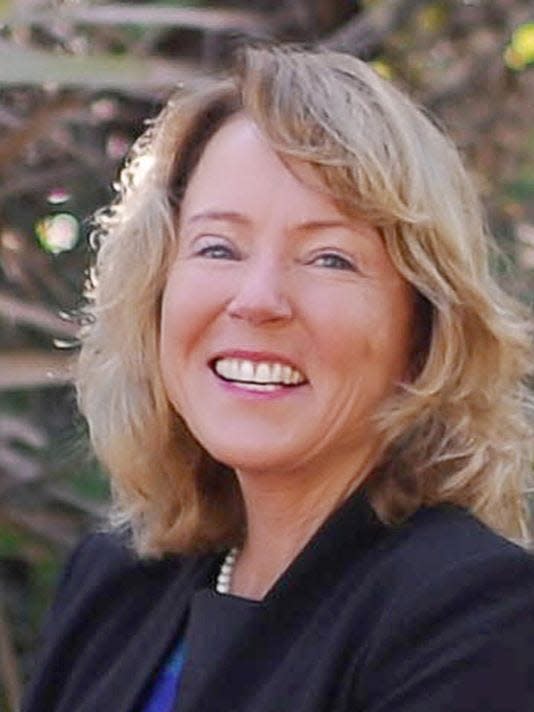That 'hope for the best, prepare for the worst' mantra applies to your retirement years, too
Q: I’m planning to retire in about two years. Even though I’ve done the online retirement projections, and the results show I’m on track, I’m afraid. What catastrophic events might derail my plan?
A: You are not alone. Stories we hear in the media can influence our fears. Let’s create a potential “disaster recovery plan” that will be useful when surprises happen.
If your job is eliminated before your target retirement date, you may miss out on your highest income years, reducing your retirement savings contributions. You may also be forced to spend retirement savings early. Would you need — and be able — to get another job?
How’s your portfolio? Last year’s rally followed a dismal 2022. Do you have a concentrated position in a single stock? Add together all the shares of stocks you own and include all stocks in all places. If one stock exceeds 10% and it crashes, will your retirement plan survive? Who knew that Dollar General and Moderna stocks would be on the worst performance list last year?
More: Lump sum? Monthly payments? IRA? So many questions as I retire: How should I proceed?
Consider placing the income that you’ll need for the first five years of retirement into certificates of deposit (CDs) and Treasuries that are laddered to mature over the next five years. This takes care of sequence-of-returns risk. Income will be there annually regardless of market conditions. It’s better not to take withdrawals from stocks when there has been a major price decline.
Cash can be held in a money market inside an investment account and will provide an accessible cushion for emergencies. Don’t risk exposing sensitive personal data by opening new online accounts. Consolidate.
More: Want to make self-employment work for you? Consider these tips
Review your insurance coverage to safeguard against catastrophic losses. Does the homeowner’s insurance or rental insurance cover hurricane damage? Could your home flood? Can you afford to repair or replace what breaks in your home, and do you have temporary living expenses covered? Are you using expensive art, guns or jewelry to fund your retirement plan, and are they covered with a personal articles floater?
Employer-provided health insurance usually ends when you leave your job. The Consolidated Omnibus Budget Reconciliation Act (COBRA) coverage is limited to 18 months. Shop now for appropriate health insurance and try to use the exchange.
Do you have dependents who will need your life insurance, and is it portable? Usually, the company life insurance plan ends with employment. Shop for the term policy while you are healthy enough to get it.
Do you have a long-term care plan? Medicare usually doesn’t cover assisted living or home health for very long.

Funding college, the medical needs of others or supporting a friend can derail the best of retirement plans. Consider what you want to do for pets that may need expensive care. Don’t overlook where you’re willing to spend your savings.
Taking Social Security too early, or for the wrong reasons, can cost a bundle. Base your decision on income needs, taxes, penalties and your best longevity estimate. You get an 8% annual, risk-free growth rate when postponing Social Security to age 70. The breakeven year is around age 80. If you take it early and change your mind, you have one year to undo it.
Plan and review your marginal tax rates for the non-wage-earning years prior to taking required minimum distributions from tax-deferred accounts. Don’t waste the temporarily low marginal tax rates and consider Roth IRA conversions. They provide an opportunity to fund tax-free-forever investments.
Review and update estate planning documents, especially your health care surrogate and durable power of attorney. Beneficiary designations take precedence over what’s written into wills and trusts. Digital asset data needs to be passed on. Keep estate planning documents current.
Of course, positive surprises can happen, too. Your long-lost aunt may pass and leave a million-dollar inheritance to you. This event would be quite manageable.
Mary Baldwin, CFP®, is a fee-only financial planner at Buckingham Strategic Wealth in Indian Harbour Beach. Contact her at 321-428-4555 or mbaldwin@buckinghamgroup.com.
For informational and educational purposes only. Individuals should speak with a qualified financial professional based on their own circumstances to determine if the above is appropriate. The opinions expressed by featured authors are their own and may not accurately reflect those of Buckingham Strategic Wealth® R-23-6608
This article originally appeared on Florida Today: That 'hope for best, prepare for worst' stuff goes for finances, too
